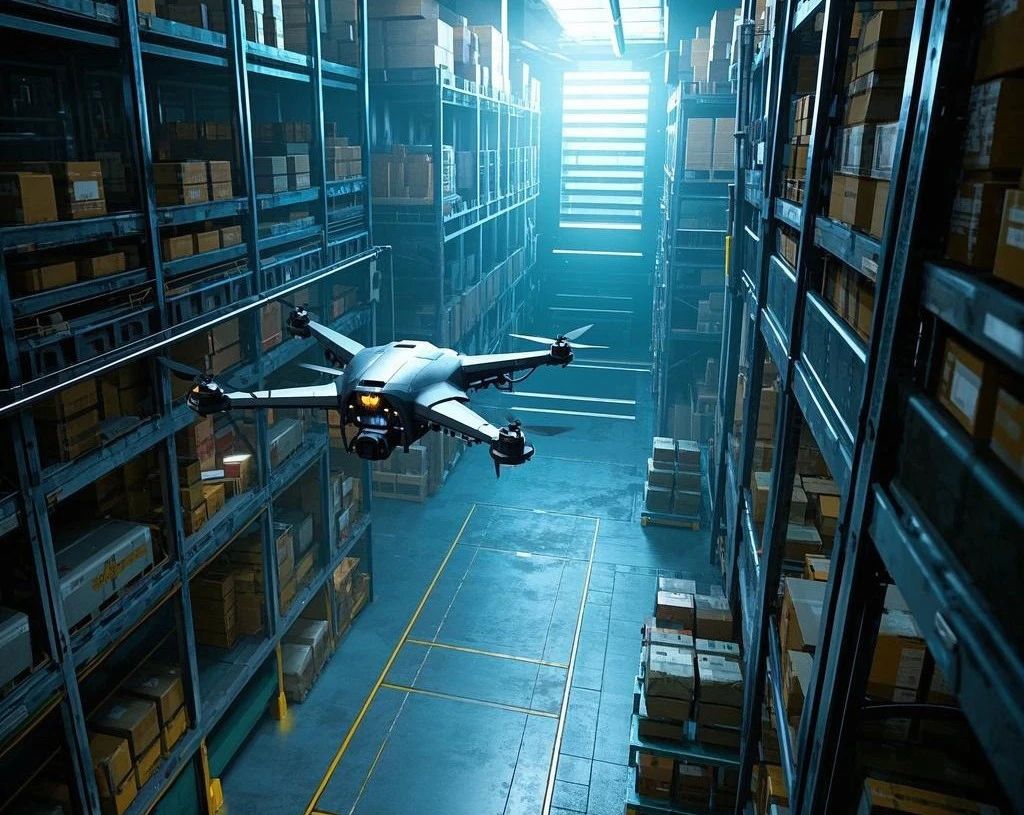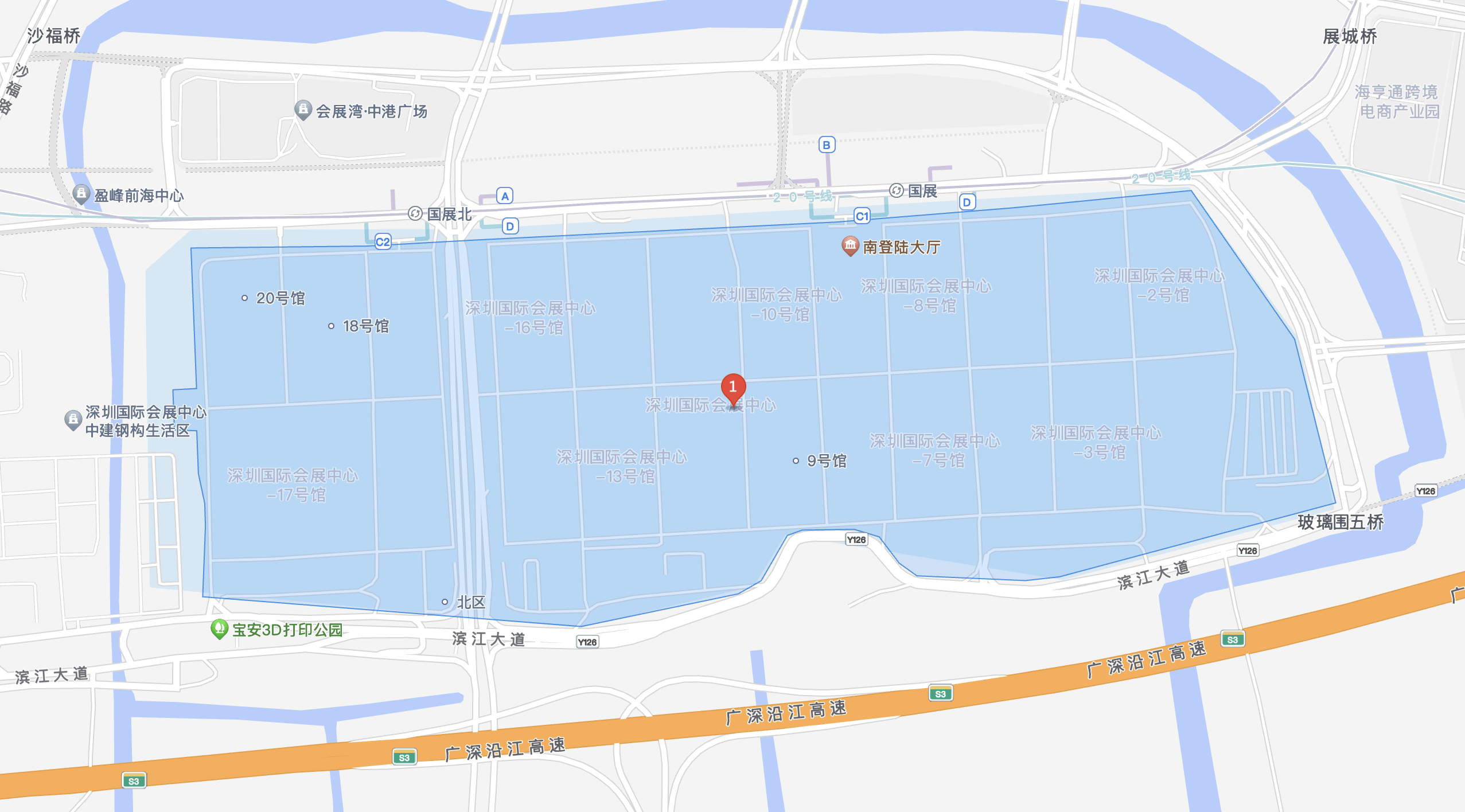In the field of supply chain management, the introduction of innovative technologies often means higher efficiency and more accurate data tracking. A recent pilot project jointly carried out by Verity, a leader in autonomous drones, Swiss high-end shoe manufacturer On and logistics giant Maersk is a vivid reflection of this trend. The project combines radio frequency identification (RFID) technology with Verity's autonomous drone system to bring revolutionary changes to warehouse inventory management.
The pilot project was successfully carried out at Maersk's facilities in California for three months. During this period, the drone system completed more than 1,500 autonomous flights and performed more than 80 million RFID reads on approximately 1.25 million independent tags. This data not only highlights the advanced nature of the technology, but also reflects its efficiency and reliability in actual operation.
The introduction of RFID technology breaks through the line of sight limitations of traditional inventory tracking. Although traditional vision-based inventory management systems have proven their value in many warehouses around the world, they still have limitations when the line of sight is blocked. The integration of RFID technology enables drones to identify individual items in boxes and containers, creating a more comprehensive digital twin for warehouse operations. This not only improves the accuracy of inventory tracking, but also enables unprecedented tracking capabilities for items throughout the warehouse lifecycle.
In addition, Verity's solution overcomes significant challenges faced by traditional RFID systems. Traditional RFID systems are typically cost-intensive and require fixed readers to be installed at bottleneck locations such as doorways. However, Verity breaks this paradigm by making the readers mobile and autonomous. Drones autonomously navigate warehouse aisles, scanning RFID tags with an accuracy reportedly exceeding 99.9%, and can process up to 1,000 tags per second. This efficient and flexible solution eliminates the need for fixed infrastructure while maintaining the cost-effectiveness of standard RFID tags.

The successful implementation of the pilot project is due to the close cooperation between industry leaders. As an innovative force in the field of high-end footwear and apparel, On actively participated in this pilot project to push the boundaries of innovation in the field of logistics. Maersk has extensive warehouse facilities and operations in North America, providing an ideal testing ground for this technology. According to Maersk officials, this technological advancement not only enhances the capabilities of their team, but also enables them to focus on more strategic tasks and drive continuous improvement.
The application of this innovative technology has a significant impact on the wider logistics and supply chain industry. As companies increasingly seek to improve inventory accuracy and operational efficiency, it has become a trend to incorporate RFID technology into autonomous inventory operations. Raffaello De Andrea, CEO of Verity, emphasized that by integrating artificial intelligence, large-scale autonomous data collection and RFID technology, they are bridging the gap between the digital world and the physical world to achieve global visualization of the supply chain.
The introduction of RFID+drone technology has brought revolutionary changes to warehouse inventory management. It not only improves the accuracy and efficiency of inventory tracking, but also overcomes the challenges faced by traditional RFID systems. As supply chains become increasingly complex and demanding, solutions that combine autonomous systems with advanced tracking technologies will become key to the logistics industry maintaining a competitive advantage. RFID drone technology is expected to play an increasingly important role in future warehouse management.
This paper is from Ulink Media, Shenzhen, China, the organizer of IOTE EXPO (IoT Expo in China)







